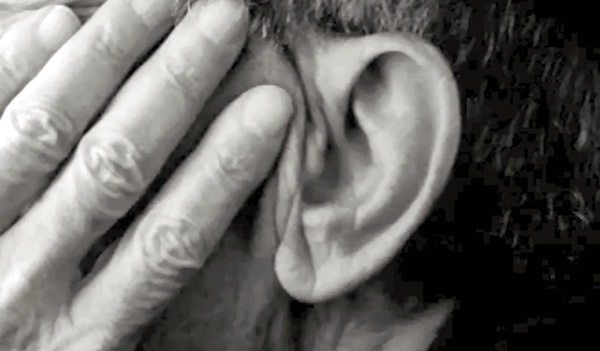Parashat Yitro
Exodus 18:1 – 20:23
Our Torah portion can be divided into two parts, two stories. The Torah is central to each one. In the classic, second part we read of the miraculous gift of the Torah by God to the Israelites at Mount Sinai. But the first part tells us about new rules of administering Torah teachings and justice, initiated by a human being, Yitro (Jethro) – and a non-Israelite, to boot! Of course, the giving of the Torah by God is foundational to Judaism. But the first part of our Torah portion is also crucially important. I have written about the significance of the Yitro story last year (Torah Sparks 2016) and I am tempted to simply repeat that message for its continuing relevance.
Still, I want to add a comment to appreciate more fully the juxtaposition of these two parts of this portion, a juxtaposition that joins these two parts into one larger story. In each story the main actor who gives us Torah teachings explains the reason for the gift, its purpose and goal.
The Holy Blessed One tells us that the gift of the Torah is in order to make us into “a kingdom of priests and a holy nation.” (Ex. 19:6) The Torah is the means by which we may strive for a Divine and spiritual dimension in our lives. Yitro explains that his instruction is to achieve another purpose. It is to prevent a catastrophe. If we do not adopt Yitro’s rules for teaching and administering the Torah, he warns, “both you [-Moses] and the people will shrivel up.” (Ex. 18:18) Yitro’s goal is to insure Israel’s survival.
There is an ironic implication here. God’s grand agenda for Israel, to turn us into a holy people, is of absolute importance. But it does not seem to include within it the insurance that we will actually endure long enough to attain that cherished dream. It takes a human being – an outsider – to warn Moses that his total dedication to serving God is doomed to self-destruction unless he heeds Yitro’s humanistic advice. Without our God-given ideals, we are nothing. But without the wisdom and good will offered to us from the outside world, we will perish. This message is of a piece with the story of our liberation from Egypt. We left Egypt through the miracles of God. But the only reason we were able to survive in the first place was because of the courage and generosity of Egyptian heroines.
This portion teaches us that the Torah calls us to radical openness. We must be open enough to hear the word of God and accept it as a gift, but also open enough to hear the words of other human beings, and accept those words as a gift, as well. When we do that, then those humanly offered words become an integral part of the Torah also, and then we “will be able to endure and all this people will also be able to find its place in peace.” (Ex. 18:23)
Shabbat Shalom
Rabbi David Greenstein
![]()
Subscribe to Rabbi Greenstein’s weekly d’var Torah
Image: “Leonard Cohen” © Bill Strain used with permission via Creative Commons License
- Toby Stein: In Memoriam - Thu, Feb 8, 2024
- Faithfulness and Hope: Parashat Sh’lach - Thu, Jun 23, 2022
- Past Their Prime: Parashat B’ha`a lot’kha - Thu, Jun 16, 2022

